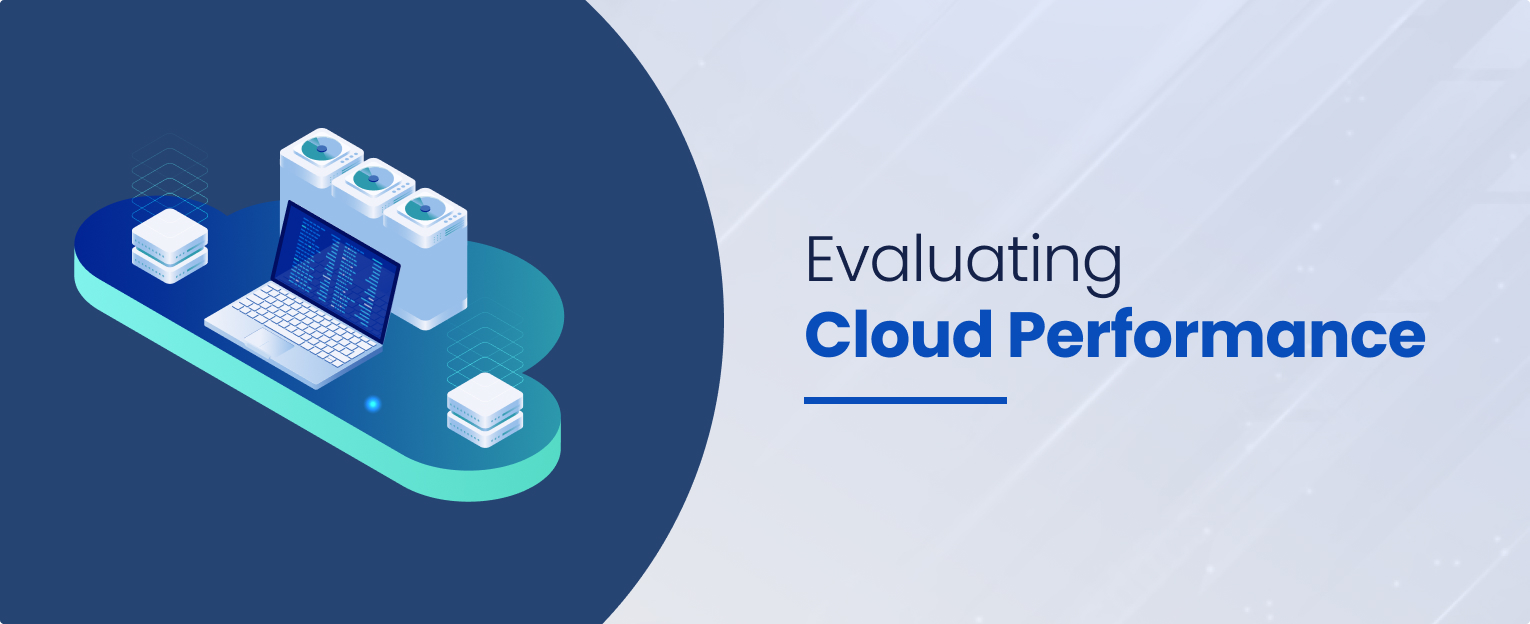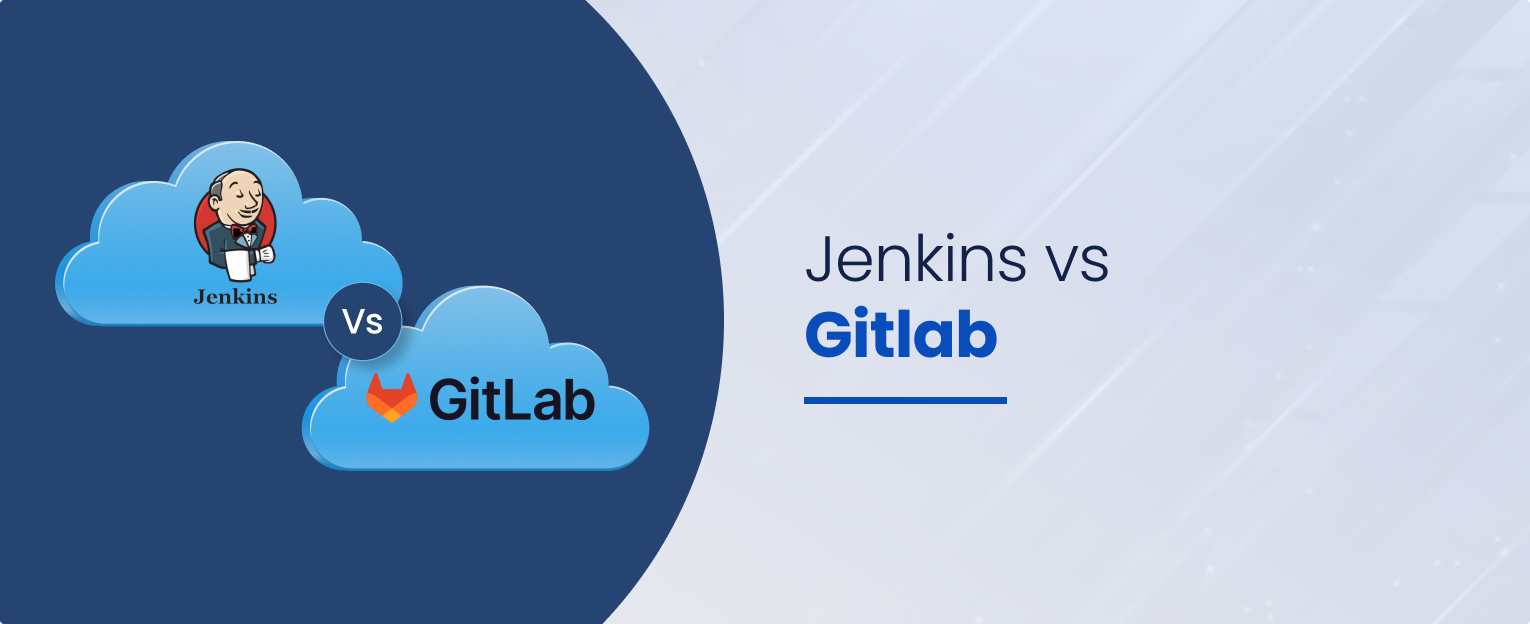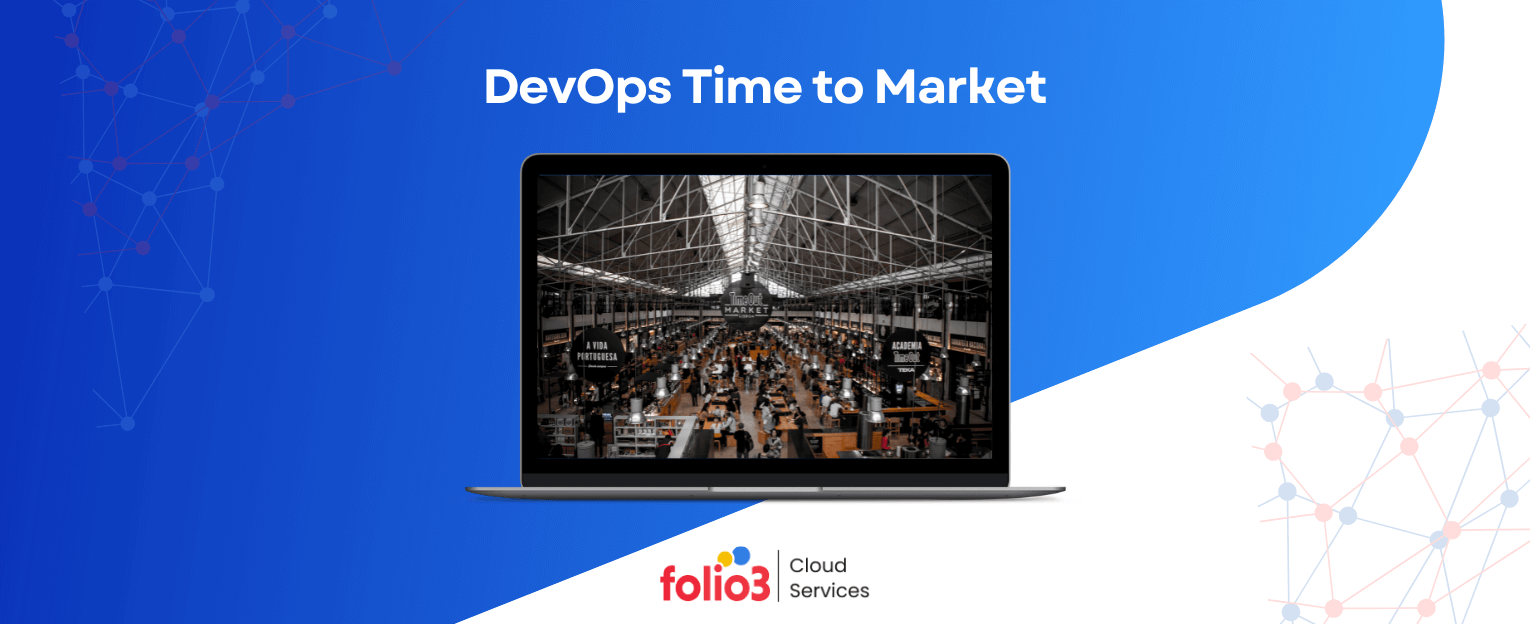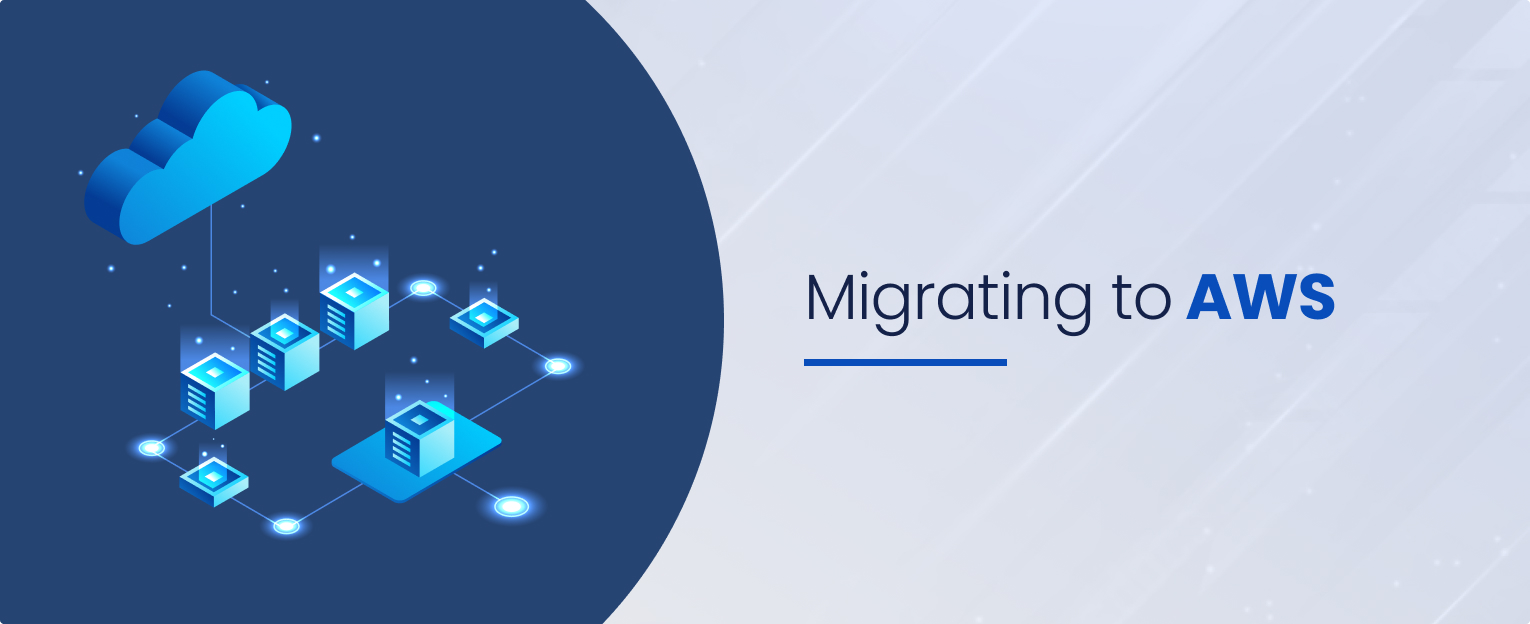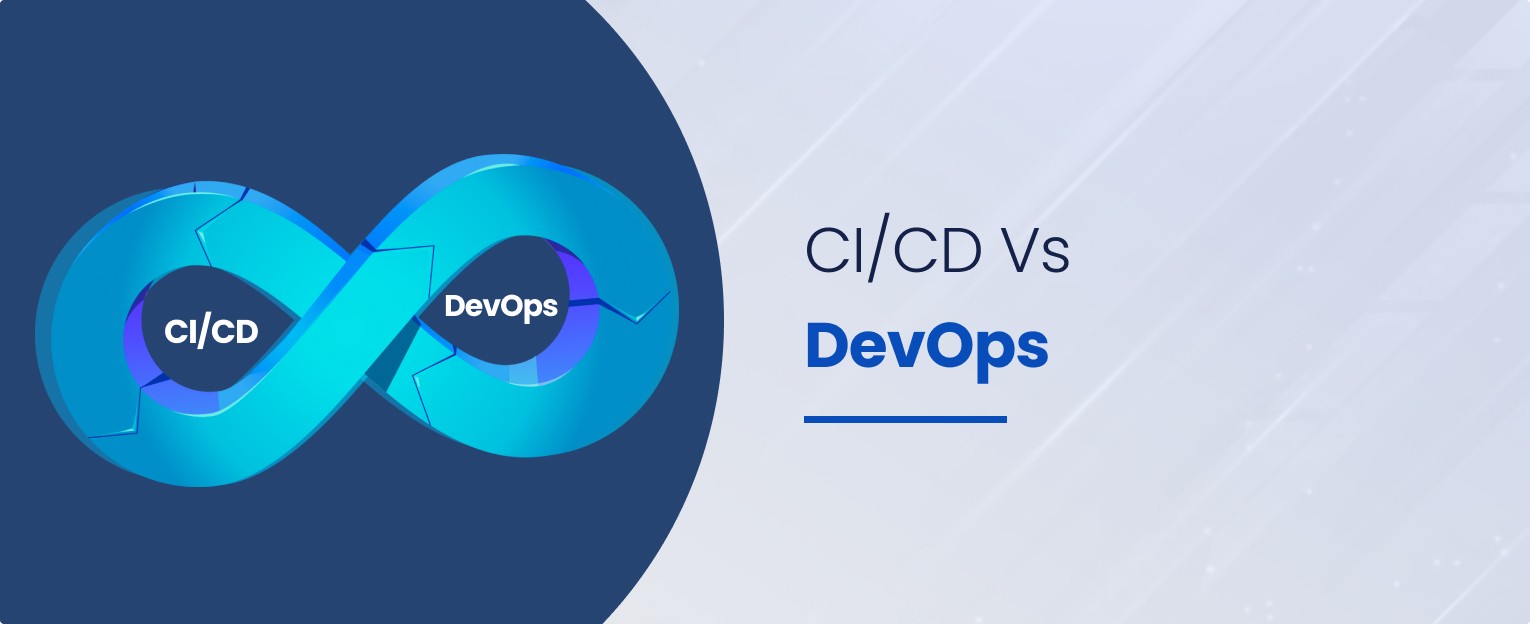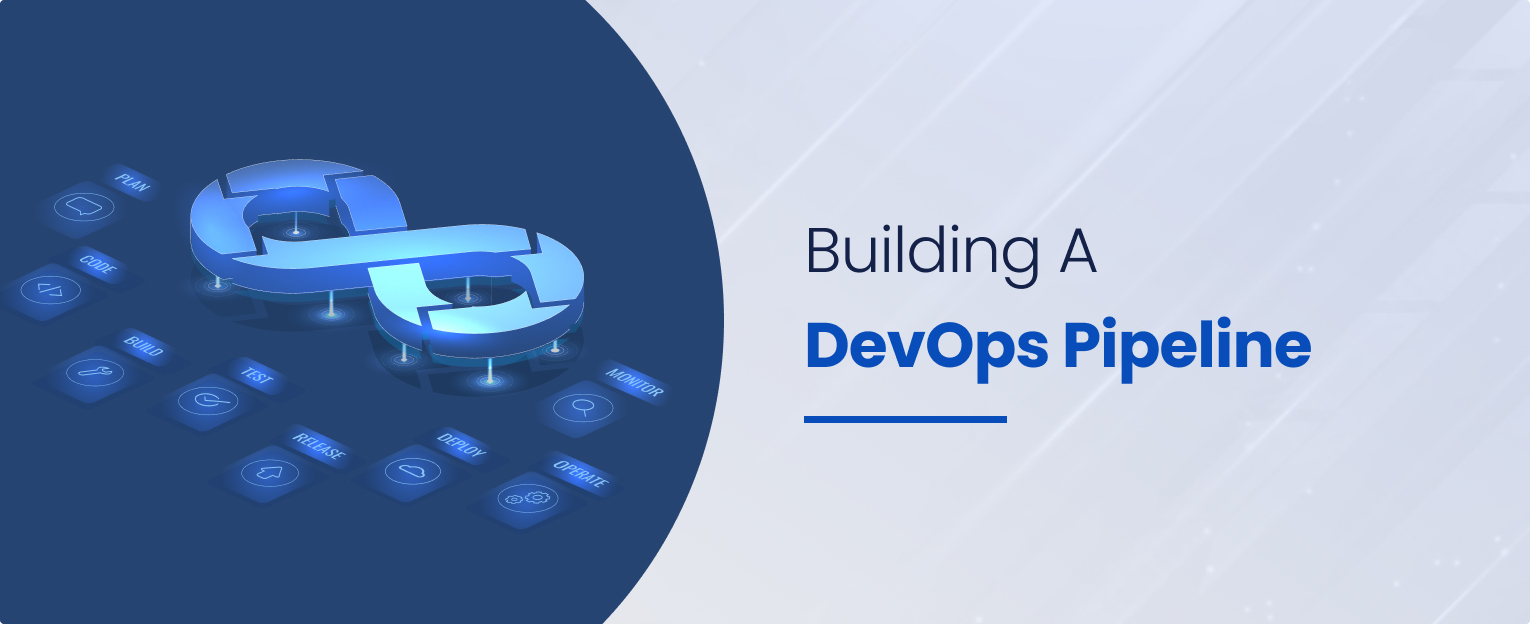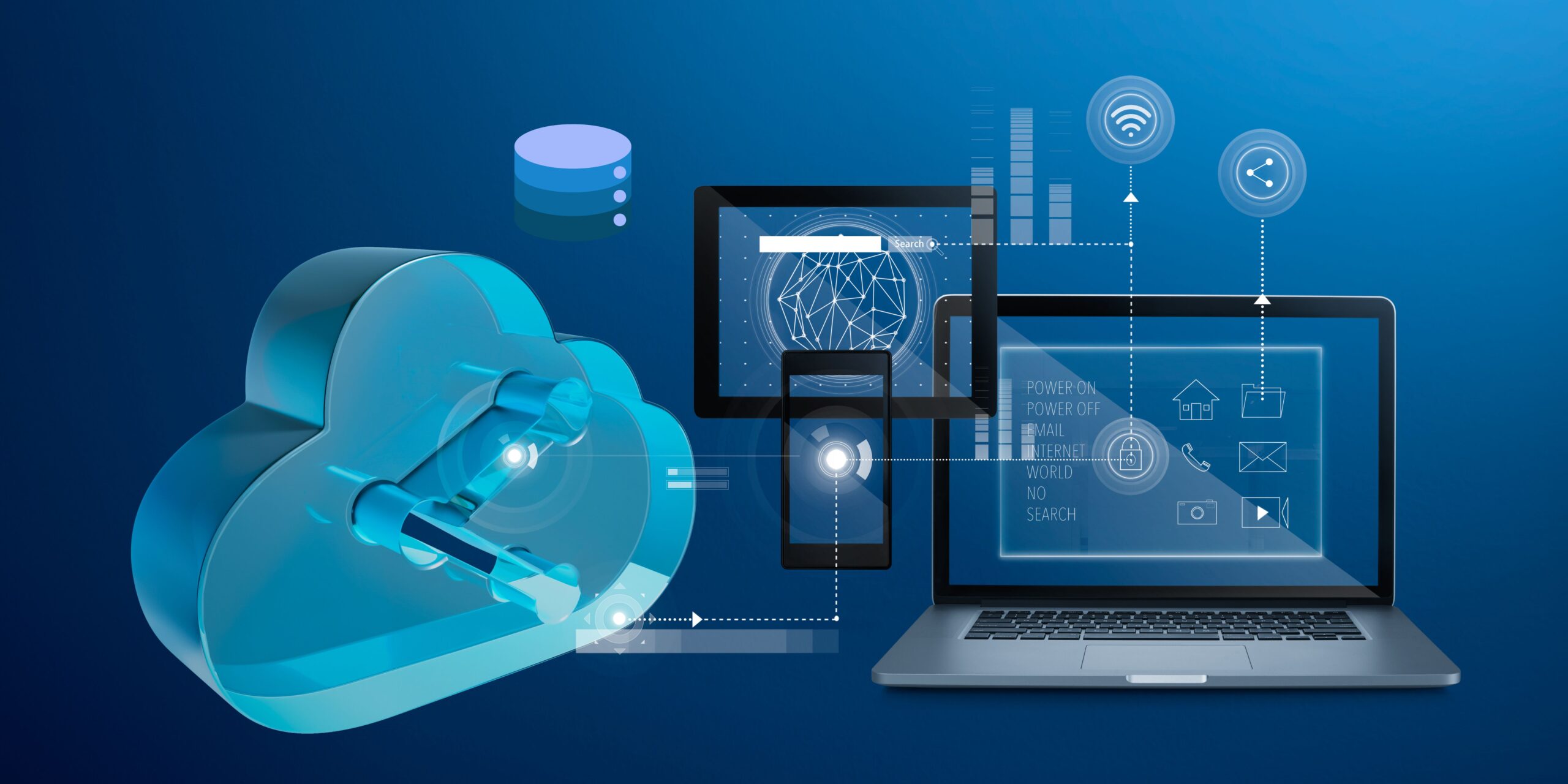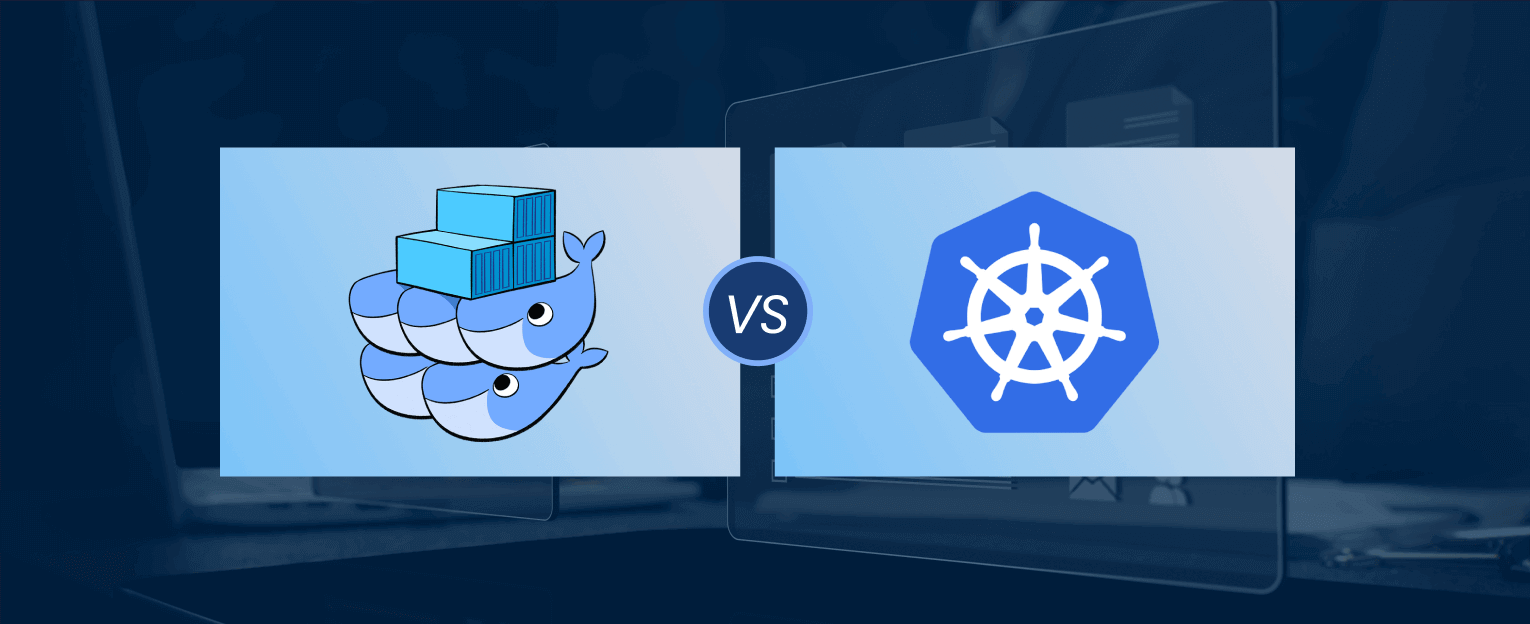Executive Summary:
Businesses increasingly rely on cloud infrastructure to fuel their operations in today’s fast-paced digital environment. Through various metrics and monitoring approaches, cloud consultancy services are crucial in assisting organizations in evaluating cloud performance.
Introduction:
Cloud computing has established itself as the cornerstone around which contemporary organizations base their operations in an era characterized by quick technical breakthroughs and the constant pursuit of digital transformation. The cloud has been widely adopted across industries thanks to its scalability, flexibility, and cost-effectiveness.
However, when businesses move their mission-critical workloads and apps to the cloud, a basic problem emerges: ensuring the cloud’s performance lives up to its potential.
Businesses looking to get the most out of their cloud investments have prioritized evaluating cloud performance. A deliberate approach to performance optimization is required due to the dynamic nature of cloud settings and the difficulty of managing numerous resources.
The knowledge of cloud consultancy services is useful in this situation. These seasoned specialists are equipped with the skills, resources, and insights required to unravel the complexities of cloud performance, empowering businesses to overcome obstacles and fully utilize the cloud’s potential.

UNLOCK YOUR CLOUD POTENTIAL WITH OUR EXPERTISE
Elevate your business with tailored cloud solutions. Folio3 experts optimize performance, security, and cost-efficiency, ensuring your cloud journey’s success.
Why Evaluate Cloud Performance?
In today’s technology-driven company environment, evaluating cloud performance is not simply a good practice but a strategic need.
Here, we’ll go into more detail about why businesses should be evaluating cloud performance reviews and making them a high priority:
1. Cost-effectiveness:
One of the main reasons for switching to the cloud is the ability to save money. However, cloud spending can get out of hand without adequate evaluation. Cloud resources are frequently costly, and ineffective resource management can result in cost overruns.
Organizations may detect underutilized resources, optimize their cloud spending, and ensure they only pay for what they require by assessing cloud performance.
2. Utilization of Resources:
Resources are dynamically allocated and reallocated in cloud settings as needed. Monitoring resource usage, including that of the CPU, memory, and storage, is necessary for assessing cloud performance.
This information is essential for resource allocation optimization, ensuring that applications have the resources they need to function properly without overspending on unused capacity.
3. Scaling Techniques:
Demand changes can affect businesses. The flexibility to scale resources as needed during peak times is a key benefit of cloud computing. However, organizations could find it difficult to implement efficient scalability solutions without a thorough evaluation.
Consultancy services for the cloud can offer advice on how to scale resources effectively, ensuring that applications can withstand traffic peaks and grow without any noticeable hiccups.
4. Uptime and Availability:
Downtime can be expensive in terms of both money and reputation. Monitoring the availability and uptime of cloud services is part of evaluating cloud performance. Businesses that depend on cloud services for continuous operation must ensure high availability.
5. Error Detection and Resolution:
Mistakes in cloud apps can cause disruptions, user annoyance, and even a loss of money. Organizations may identify faults quickly and take appropriate action by monitoring cloud performance.
The negative effects of errors on the user experience and overall business operations are reduced thanks to this proactive strategy.
Cloud Performance Metrics Evaluation
Evaluating cloud performance is a laborious process that depends on various important indicators and monitoring tools to ensure that a cloud environment performs at its best.
These metrics give businesses important information about their cloud apps and infrastructure facets.
Let’s explore the crucial cloud performance metrics in more detail:
- Latency:
The amount of time it takes for data to go from a user’s device to a cloud server and back is known as latency. Usually, it is stated in milliseconds (ms).
Low latency is essential for responsive apps, hence its importance. Slow user experiences caused by high latency can impact user satisfaction and productivity.
Tools for tracking cloud performance keep an eye on latency in real time. Monitoring tools can reveal information on average latency, peak latency at busy times, and long-term trends. A sudden rise in latency could signal network congestion or other important problems.
- Network Efficiency
Network performance measures evaluate the effectiveness, dependability, and speed of data flow across a network.
Network performance directly impacts how quickly applications respond to user input. Network performance is tracked by monitoring tools, which also look at parameters including bandwidth utilization, jitter, and packet loss.
This knowledge aids in locating and fixing network problems that can compromise cloud performance.
- Scaling Efficiency:
Metrics used to measure scaling efficiency evaluate how efficiently a cloud environment or application scales to accommodate changes in workload.
Efficient scaling guarantees that resources are distributed properly to meet demand while minimizing costs. Data from monitoring tools can show how quickly and efficiently an application or infrastructure adapts to changes in workload.
Organizations can fine-tune their Cloud scaling strategy using this information.
- Response Time:
Response time, which includes processing time and network latency, is the amount of time it takes an application to react to a user’s request.
Delivering a seamless and responsive user experience requires quick reaction times. Cloud monitoring tools measure how quickly various application features or services respond.
They offer information on reaction time patterns and can be used to pinpoint areas that require performance enhancements.
Conclusion:
With their varied functions, cloud consultancy services offer the knowledge necessary to maneuver through this complex environment.
They create architectures tailored to specific organizational requirements, reduce costs without sacrificing performance, guarantee the security and compliance of cloud environments, and facilitate resource allocation and scalability with ease.
These professionals are the defenders of constant performance monitoring, making sure that cloud environments continue to be adaptable, responsive, and robust.
It is essential to assess cloud performance, and this cannot be emphasized enough
The total success of a cloud environment is determined by all its components, each of which is crucial. Businesses risk inefficiencies, security flaws, and unforeseen costs without a thorough examination.

UNLOCK YOUR CLOUD POTENTIAL WITH OUR EXPERTISE
Elevate your business with tailored cloud solutions. Folio3 experts optimize performance, security, and cost-efficiency, ensuring your cloud journey’s success.

